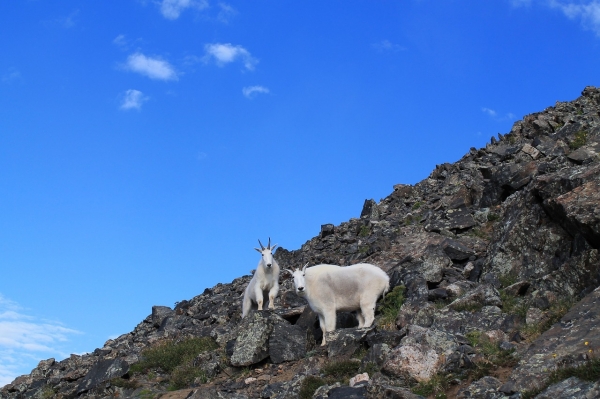Plant-eating animals more active, carnivores more cautious around humans.
Plant-eating animals more active, carnivores more cautious around humans.
One of the largest studies on wildlife activity—involving more than 220 researchers, 163 mammal species and 5,000 camera traps worldwide—reveals that wild animals react differently to humans depending on where the animals live and what they eat.
Bigger herbivores—plant-eating animals like deer or moose—tend to become more active when humans are around, while meat-eaters like wolves or wolverines tend to be less active, preferring to avoid risky encounters.
Urban animals like deer or raccoons may become more active around people, as they get used to human presence and find food like garbage or plants, which they can access at night. But animals living farther from cities and other developed areas are more wary of encountering people.
Read more at University of British Columbia
Photo Credit: TheBrandsmen via Pixabay




